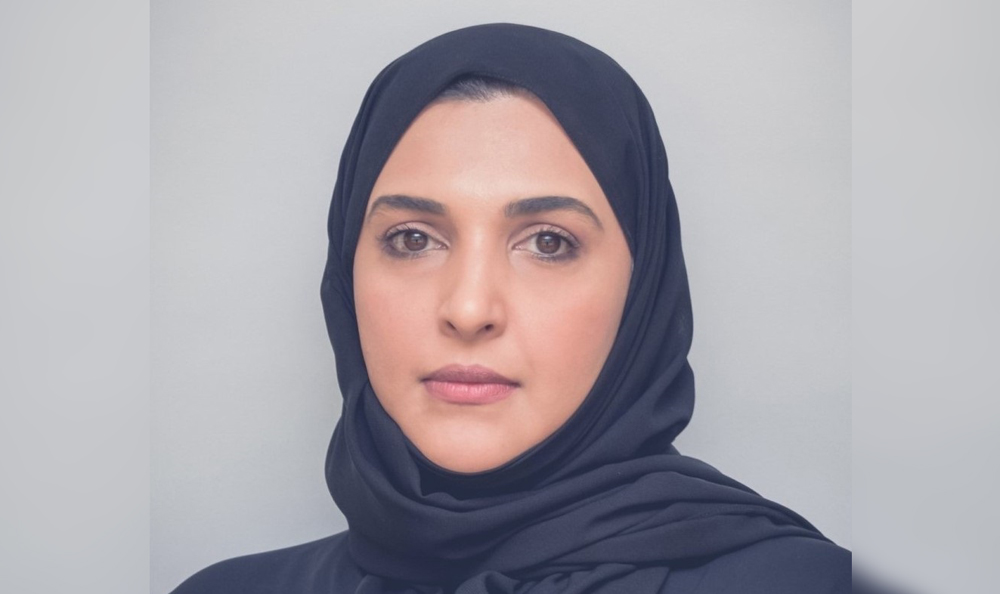International Conference on Climate Change and Human Rights to kick off in Doha

Doha, The Gulf Observer: Organised by the National Human Rights Committee (NHRC), in cooperation with the Office of the UN High Commissioner for Human Rights, UN Development Program (UNDP), League of Arab States, and Global Alliance of National Human Rights Institutions (GANHRI), the International Conference on Climate Change and Human Rights will kick off on Tuesday, February 21, at the Le Royal Meridien Doha in Lusail City.
In a press statement, Chairperson of NHRC HE Maryam bint Abdullah Al Attiyah said that the conference aims to emphasize the importance of rights-based climate action, highlight good practices relevant to the State of Qatar and other active partners, including governments, the United Nations (UN), civil society organisations and companies, and develop recommendations for strengthening cooperation to support rights-based climate action around the globe, particularly in the Middle East and North Africa region.
Her Excellency pointed out that climate change poses a major threat to human rights and life on Earth, including the right to life, water, food, health, adequate housing, movement, development and the right to work, stressing that women, children, migrants and persons with disabilities are the people most affected by climate change.
Al Attiyah affirmed that the conference comes within the framework of efforts to address climate change and its impact on human rights, and to prevent or mitigate its harmful effects on human health and well-being, stressing the need for countries to mitigate greenhouse gas emissions arising from human activities, such as burning fossil fuels and deforestation, to limit global warming and reduce these negative effects on human rights.
Her Excellency called for the necessity of international cooperation and the adoption of collective efforts to address climate change and its effects on human rights, in addition to taking measures to preserve the rights of vulnerable groups who live in fragile conditions and are exposed to the most severe risks of the climate changes repercussions.
She noted that the conference and its international experiences is one of the most important collective efforts to address the effects of climate change on human rights, which is an opportunity to exchange expertise and learn about valuable experiences.
NHRC stated that among the opening session of the conference, there will be 6 keynote speeches by heads and leaders of the participating entities, followed by three sessions during the first day, noting that the first session will address climate change and human rights: impacts and commitments.
The second session will cover Qatar’s efforts as a key player in the environmental protection process and its plans to move forward in cooperation with stakeholders, while the third session will address the role of UN and human rights mechanisms in advancing rights-based climate action. The first day will conclude its sessions with a meeting of the drafting committee.
The second day of the conference will include three main working groups, each group consisting of 4 sub-topics that include working papers filled with information and scientific research, and experiences of national institutions, followed by the fourth session and the drafting committee meeting. The fourth session and its drafting committee meeting will be followed by the concluding session of the conference statement and recommendations, and a press conference to present the results and recommendations of the conference and the work plan emanating from it.
The number of main sessions of the conference is 6 sessions, 12 subtopics, two meetings, and 7 open discussions, with the aim of enhancing access to inspiring practical results, recommendations and suggestions for states and actors to reduce the impact of climate change on human rights.
On the second day, the first working group will work on advancing a human rights-based approach to climate change, and it will include four sub-themes: the rights of people who live in fragile conditions or belong to vulnerable groups, adapting to and mitigating climate change in an ambitious, inclusive and rights-based manner, promoting inclusive climate action, and providing access to justice for all and building effective, accountable and inclusive institutions at all levels, in line with Goal No. 16 of the Sustainable Development Goals.
The second working group will address equity, solidarity and cooperation for human-centered climate action, and it will include the following sub-topics: working on Goal No. 17, to build partnerships and solidarity and unite efforts, international cooperation to reduce the effects and risks of climate change, including (cooperation with the UN Framework Convention on Climate Change), and cooperating with contractual and non-contractual human rights mechanisms, as well as collaboration among stakeholders to integrate human rights into environmental laws and policies.
The international event is an extension of the previous conferences organised by NHRC, including those events dealing with issues of protecting journalists, digital human rights, combating terrorism while respecting human rights, and other issues.


